FASCIQ IASTM Fascia Knife – The Kiss
109,00 €
The FASCIQ IASTM fascia knife Kiss has rounded edges on both sides and firm persistence. Especially suitable for fascia techniques in both directions. Also well suited for other techniques. Characteristic of this tool is its long, round, curved curve. It can be well used for the lower back and thighs. The small curve on the side is good for processing trigger points. The rest of the bulges for the treatment of legs, arms, shoulders and neck. Set travel bag.
The choice of fascia knife is the choice of each therapist – each has its own preferences and techniques, however, the IASTM fascia instrument must feel comfortable in the hand. In recent years, it has been established that the basic functions of joints, muscles, organs and tendons require a normally functioning fascial network. To ensure the normal functioning of the tissues, a healthy and functioning surrounding fascia is necessary for the normal functioning of the muscles. Between 30 and 40 percent of the strength generated by the muscles comes from the fascia that surrounds them. This indicates that the fascia requires special attention. The tool is especially suitable for relieving tension and muscle pain, as well as for restoring the balance of the fascial network and the body.
Product Description:
- This IASTM tool will allow you to perform the necessary fascia treatments while reducing the load on your hands
- Lifetime Warranty – All Fasciq IASTM tools come with a lifetime warranty. This lifetime warranty ensures that you will receive the best product!
- Material: AISI 304 (1.4301) high quality surgical stainless steel
- Weight: 332 grams
- Dimensions: 5 mm x 9 cm x 17 cm
Product Advantages:
- Helps maintain a flexible and well-maintained, healthy network of fascia
- Improves tissue perfusion
- Improves range of motion
- Improves soft tissue mobilization
- Loosening of scar tissue in soft tissues.
- Triggerpoint Treatment
Fasciq IASTM fascia knives are used to treat:
- Plantar fasciitis
- Patellatric tendinitis
- Achilles tendinitis
- Carpal tunnel syndrome
- Shin big bone stress syndrome, or “shin splints”
- Adhesive capsulitis
- Lateral and medial epiconditis, jev tennis/golfer’s elbow
- Iliotibial ligament pain syndrome
- Surgical or traumatic scars and scar tissue
Aizkavētais pasūtījums

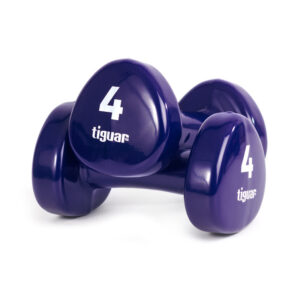
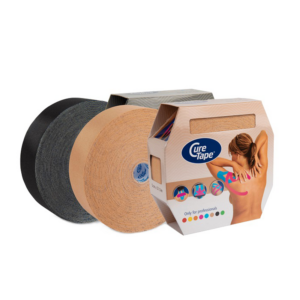
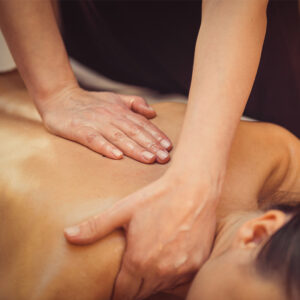
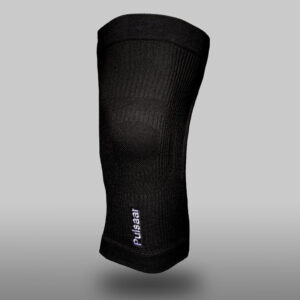
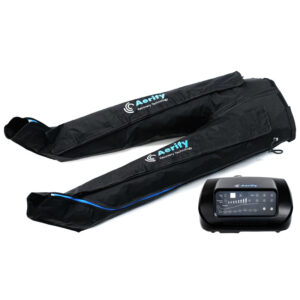
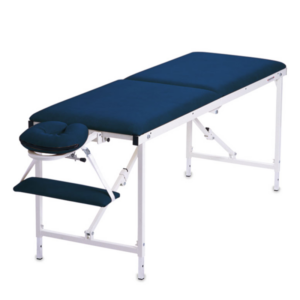
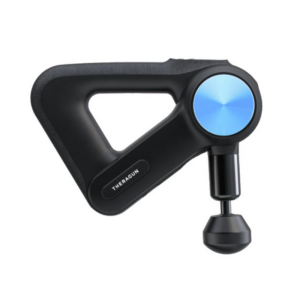
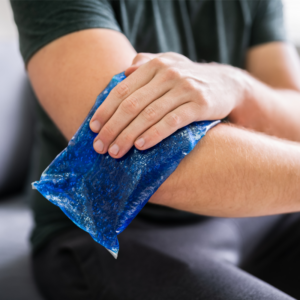
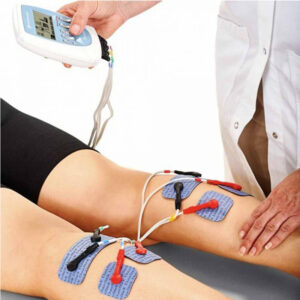
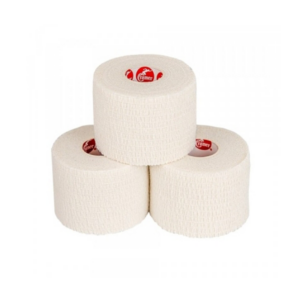











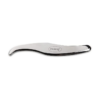


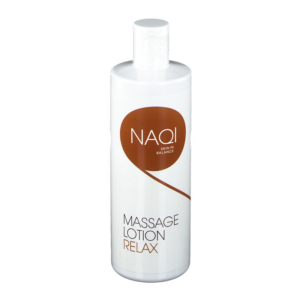
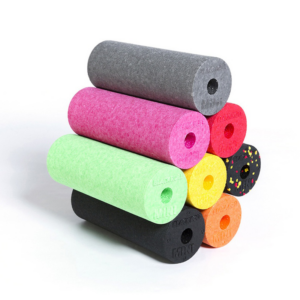
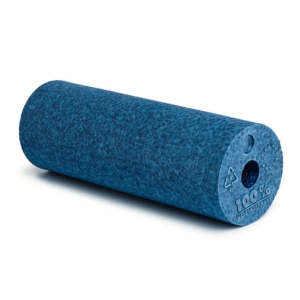
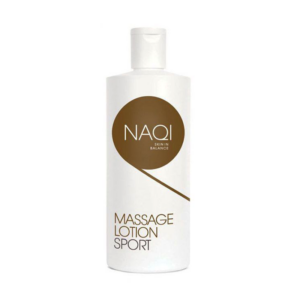
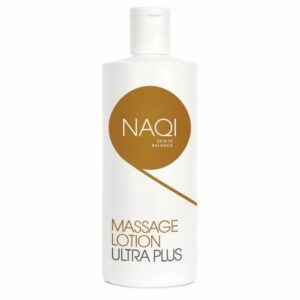
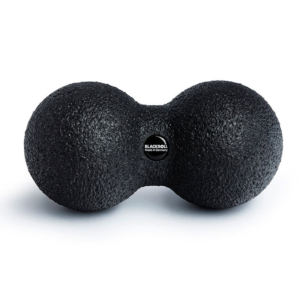
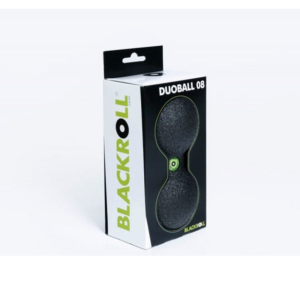
Reviews